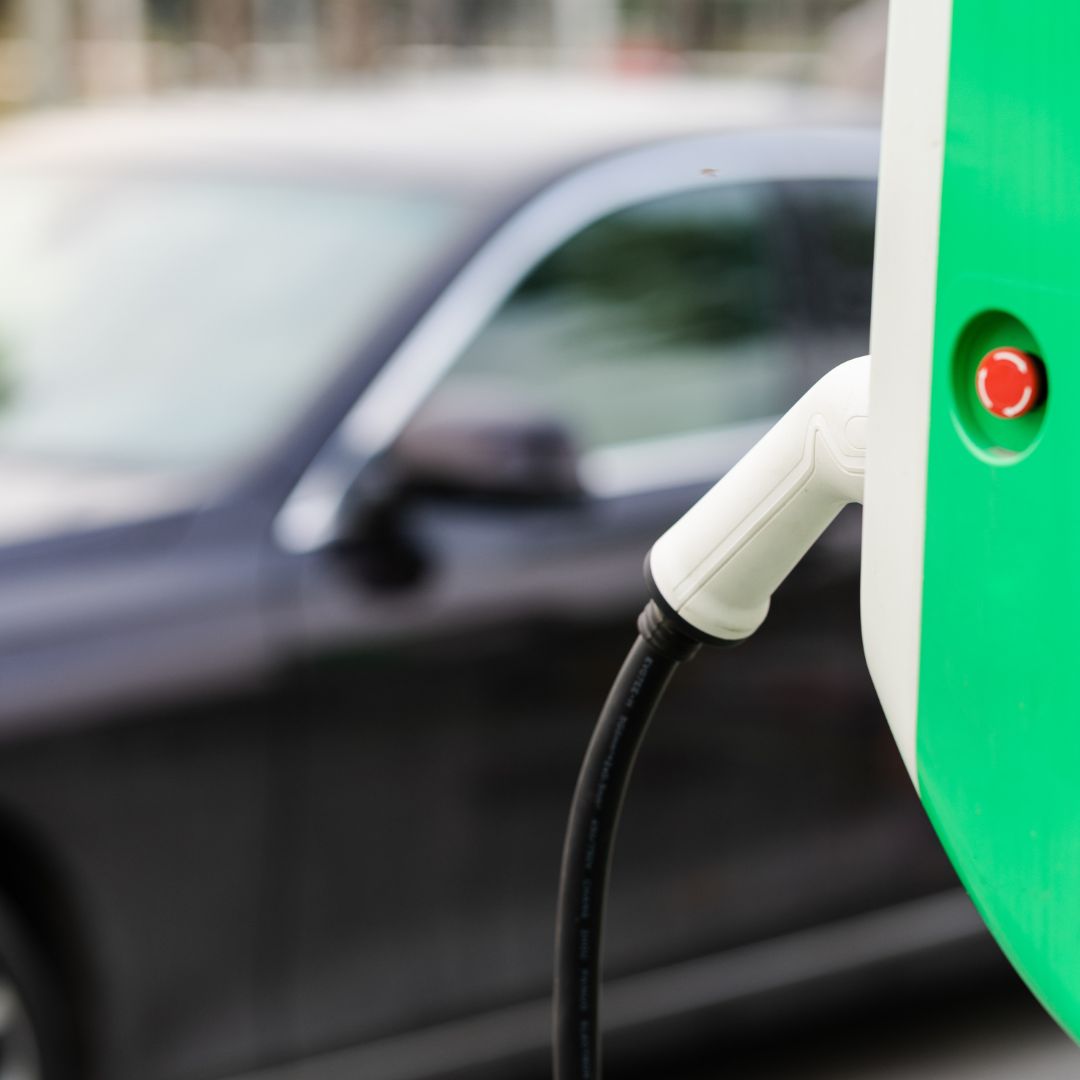There’s no doubt that the future of the automotive industry is in electric vehicles (EVs). GM, Ford, Volkswagen, and Mercedes are just a few automotive giants who have pledged to make their lineup all or nearly all electric in the coming decades. But despite the gradual encroachment of EVs onto roads, many misconceptions about the vehicles still abound. Below, we’ll explain some things you probably didn’t know about electric vehicles, like their history, service life, and future.
They’ve Been Around Much Longer Than You Think
While EVs are considered an invention of modern times, their history dates back to the beginning of automobiles. The first electric cars are nearly as old as gas and steam-powered automobiles. German Adnreas Flocken invented the Flocken Elektrowagen in 1888.
In the early days, some drivers preferred electric cars because they were much quieter and didn’t produce the ghastly fumes of their internal combustion counterparts. But eventually, Henry Ford’s mass-produced gasoline-powered cars became the favorite in America, and electric cars fell by the wayside for much of the rest of the 20th century.
They Last Much Longer Than Gasoline Vehicles
Another thing you probably didn’t know about electric vehicles is they require less maintenance and typically have a much longer service life than gasoline-powered vehicles. The key to EV durability and longevity is simplicity—electric motors may include advanced technology, but they have fewer moving parts, which means fewer opportunities for things to go wrong. EV batteries last for around 200,000 miles and up to 20 years, but theoretically, they have a nearly unlimited service life. EV automakers are already pushing the limits to create a million-mile service life battery and EV.
Their Future Could Be in Solar Power
While EVs are currently focused on harnessing battery power, it’s only a matter of time before renewable energy becomes a big player in the industry. One of the future trends in solar technology is outfitting EV charging stations with solar power to reduce costs and increase efficiency. There are even solar roadway projects that include highways built with road solar panels to charge EVs as they travel on the road. In many ways, EVs are the future of the automotive industry, and solar power is the future of the EV market.
The Government Will Pay You To Buy an EV
For many people, the expense is the most significant barrier to purchasing an electric car. Electric cars are typically more expensive than regular cars, but did you know the government will help you pay for a new EV? The federal government awards tax credits of up to $7,500 for individuals purchasing new EVs, and many states also offer additional incentives like rebates or tax exemptions.
We hope we’ve helped you learn a little bit more about EVs. As more and more automakers make declarations toward sustainability, learning about these vehicles now is wise as they slowly become bigger factors in the automotive market.

